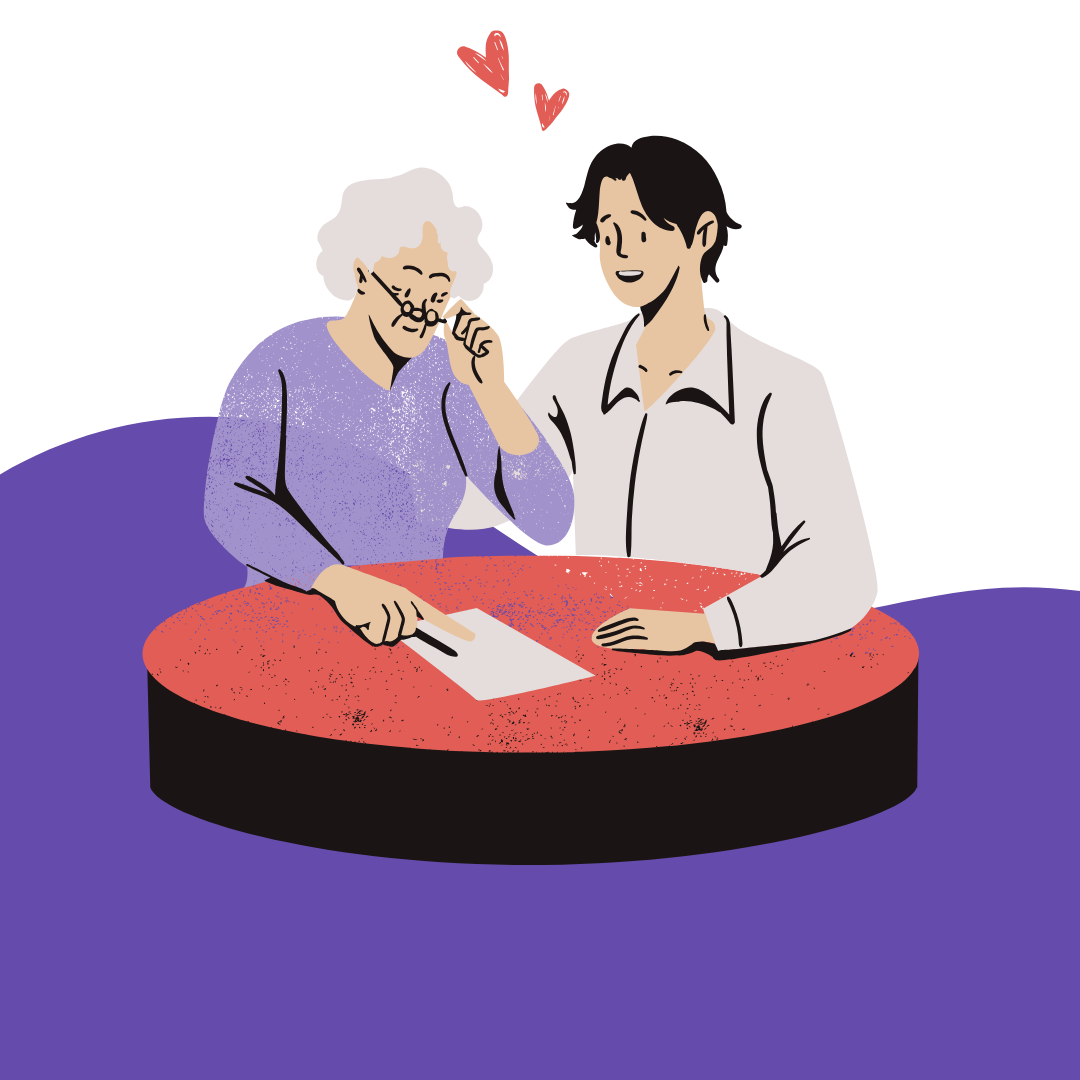
Early Signs of Cancer You Shouldn’t Ignore
- 11th March 2025
Cancer is a life-threatening disease that affects millions of people worldwide. Early detection is crucial for successful treatment and improved survival rates. Many cancers show warning signs in their initial stages, but they are often overlooked or mistaken for minor health issues. Recognizing these early symptoms can make a significant difference in seeking timely medical attention. Here are some early signs of cancer you should never ignore.
Unexplained Weight Loss
Losing weight without changes in diet or exercise can be a red flag for several types of cancer, including pancreatic, lung, and stomach cancer. If you have lost more than 10 pounds unexpectedly, it is advisable to consult a doctor.
Persistent Fatigue
Extreme and prolonged fatigue that does not improve with rest can be an early symptom of leukemia, colon cancer, or stomach cancer. This fatigue is different from regular tiredness and may indicate that the body is using excessive energy to fight the disease.
Unusual Lumps or Swelling
A lump in the breast, testicles, or other parts of the body that persists or grows over time should not be ignored. While not all lumps are cancerous, they should be examined by a healthcare professional to rule out any serious conditions.
Changes in the Skin
Skin changes such as new moles, sores that do not heal, or unusual pigmentation can be early signs of skin cancer. Look out for moles that change in size, shape, or color, and seek medical advice if you notice any abnormalities.
Persistent Cough or Hoarseness
A cough that lasts longer than three weeks, especially if accompanied by blood, could indicate lung cancer. Similarly, persistent hoarseness or a sore throat that does not heal may be linked to throat or laryngeal cancer.
Changes in Bowel or Bladder Habits
Chronic constipation, diarrhea, blood in stool, or difficulty urinating can be symptoms of colorectal, bladder, or prostate cancer. Any noticeable changes in bowel movements should be discussed with a doctor.
Difficulty Swallowing
If you experience persistent difficulty in swallowing (dysphagia) or feel like food is getting stuck in your throat, it could be a sign of esophageal or throat cancer. Persistent indigestion or heartburn may also indicate stomach or esophageal cancer.
Unexplained Pain
Ongoing pain in any part of the body, such as the abdomen, back, or joints, without an apparent cause may indicate cancer. Bone cancer, ovarian cancer, or testicular cancer often present with persistent pain in the affected area.
Unusual Bleeding
Unexplained bleeding, such as blood in urine, stool, or coughing up blood, should never be ignored. Abnormal vaginal bleeding outside of menstrual cycles may indicate cervical or uterine cancer, while blood in the stool could be a sign of colorectal cancer.
Changes in Breast Appearance
Women should regularly check for lumps, nipple discharge (especially blood), or changes in breast size and shape. Any abnormalities should be examined by a healthcare professional, as these could be early signs of breast cancer.
Sores That Do Not Heal
Sores, ulcers, or lesions in the mouth, genitals, or skin that do not heal over time should be checked for cancerous growths. Non-healing mouth sores, especially in people who smoke or drink excessively, could indicate oral cancer.
Night Sweats or Fever
Recurring fevers or excessive night sweats that are not related to infections can be early warning signs of lymphoma or leukemia. If fever persists without an obvious cause, medical evaluation is necessary.
Conclusion
Cancer can often be treated successfully when detected early. Recognizing and acting upon these warning signs can improve the chances of recovery and survival. If you experience any of these symptoms persistently, consult a healthcare provider immediately for further evaluation. Regular check-ups, screenings, and a healthy lifestyle play a vital role in cancer prevention and early detection.
Early detection saves lives—stay informed and take charge of your health today!





